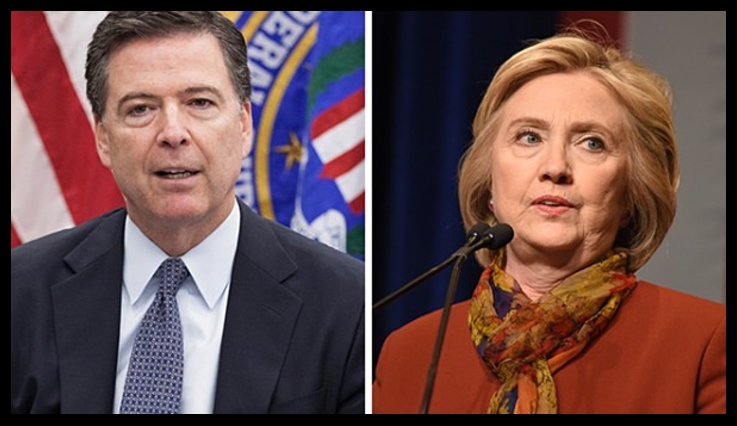
The overly-coddled generation that came to age with easy credit and technology at their fingertips is generally the most spoiled, self-centered group that has ever walked the planet. With access to more information, preference, opportunity, food, entertainment, and communication than ever before, Generation Z and Millennials have come to expect everything to be handed to them, right now, in the moment.
Not surprisingly, new academic research finds that these two generations become triggered when they are told how oversensitive and entitled they really are. Researchers surveyed more than 1000 students and 724 people from other age groups. Every age group overwhelmingly conceded that the most narcissistic and entitled generation was their own generation. While most age groups are cynical of their own, it’s the younger generations that do not want to be compared in a negative way to their parents.
The research finds that young adults are “distressed” by labels of entitlement and narcissism and argue that they are not more sensitive or self centered than older people. When Millennials and Generation Z were referred to as entitled “snowflakes,” they rejected the stereotype. Generally speaking, Generation Z and Millennials do not believe they are oversensitive or entitled and are therefore the two age groups most triggered by the term “snowflake.” The older generations, on the other hand, were not triggered when they were labeled with these stereotypes.
What is Generation Z?
Born between 1995 and 2012, this generation slipped into adulthood in recent years with hyper awareness of technology. Feeling victim to climate change and expensive college degrees, this generation has become cynical of their circumstances, expecting change in the existing political and economic structures. Generation Z is not only addicted to technology, but they have come to depend upon it like it’s a second brain. On the bright side, many want to be entrepreneurs, utilizing the internet to diversify their income and opportunities. In the US, 72 percent of current high school students want to start a business, but this doesn’t become a reality for everyone because of the perseverance and adaptability required in a world where trends are constantly coming and going. Mostly tolerant, Generation Z is accepting of different cultures, sexual orientations, and races, much more so than previous generations, yet they may be more cynical of white males and patriarchs.
What are Millennials?
Born from 1977 to 1994, Millennials came of age from 1998 to 2006, when technology was in its toddler stages. As technology progressed, Millennials used it to their advantage and gained experiences that their parents didn’t have. Often insulated from the responsibilities of mechanical work and homesteading practices, Millennials have come to expect things to be fixed for them. In the spirit of integration and delegation, Millennials enjoy building friendships with colleagues and want to have a life outside of work. In a survey, over half of Millennials in the UK would rather spend money on experiences and traveling rather than accumulating possessions and taking care of things. A majority in the survey (77 percent) prioritize mental and physical health when it comes to living a happier, fulfilled life.
No matter the age of a person, a person's character is built through individual experiences and cannot be defined through age-related stereotypes. Furthermore, the challenges of today are not the challenges of yesterday and newer generations must adapt to different struggles than their parents faced. Maybe, the up-and-coming generations are more annoyed by comparative age-related stereotypes because younger people want to put an end to useless labels and get down to what matters. As they get older, maybe they will look to integrate with and understand future generations better than their predecessors.
Read Crybullies.news for more news coverage of snowflakes, crybullies and SJWs.
Sources include:
Please contact us for more information.














